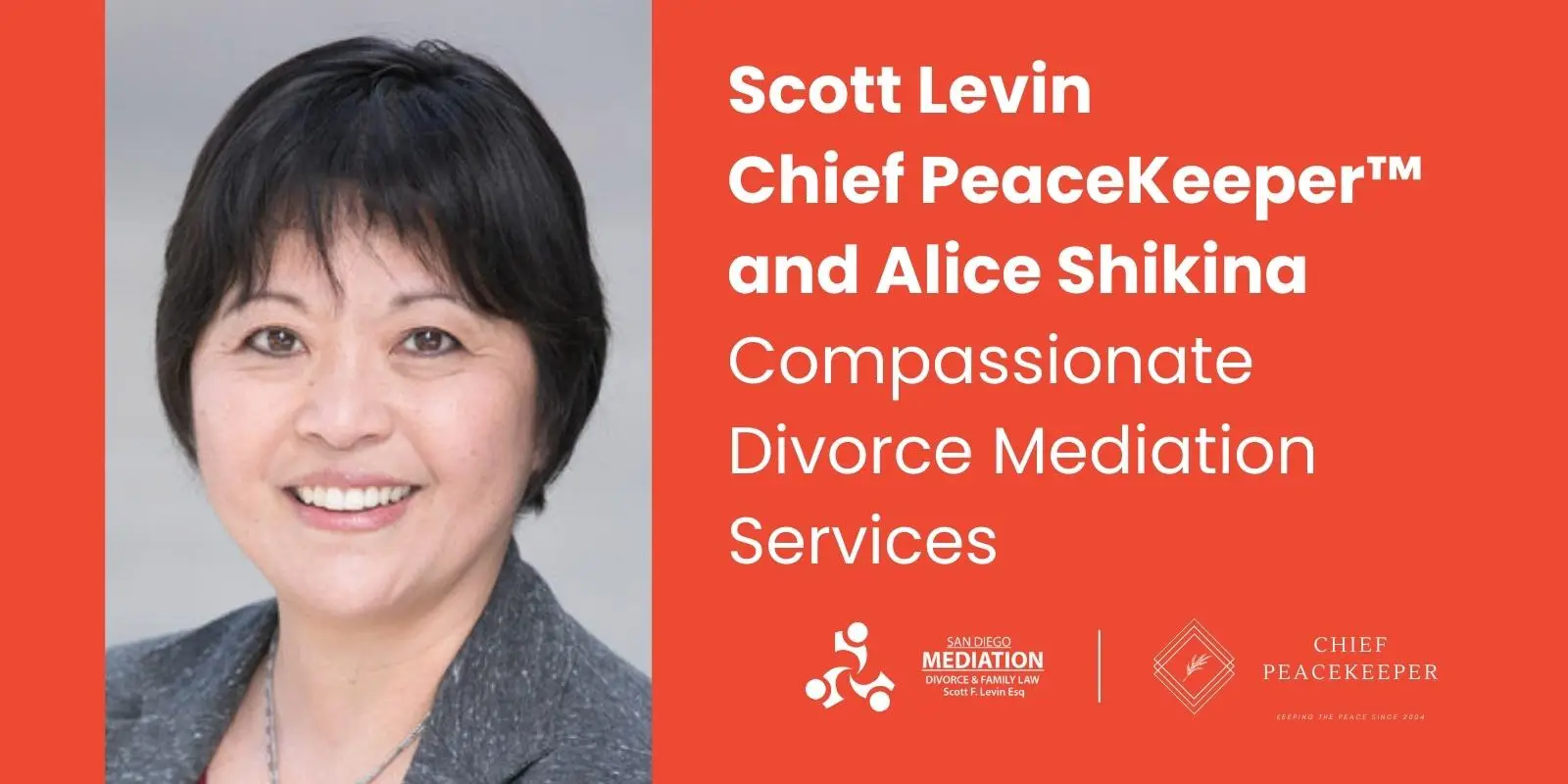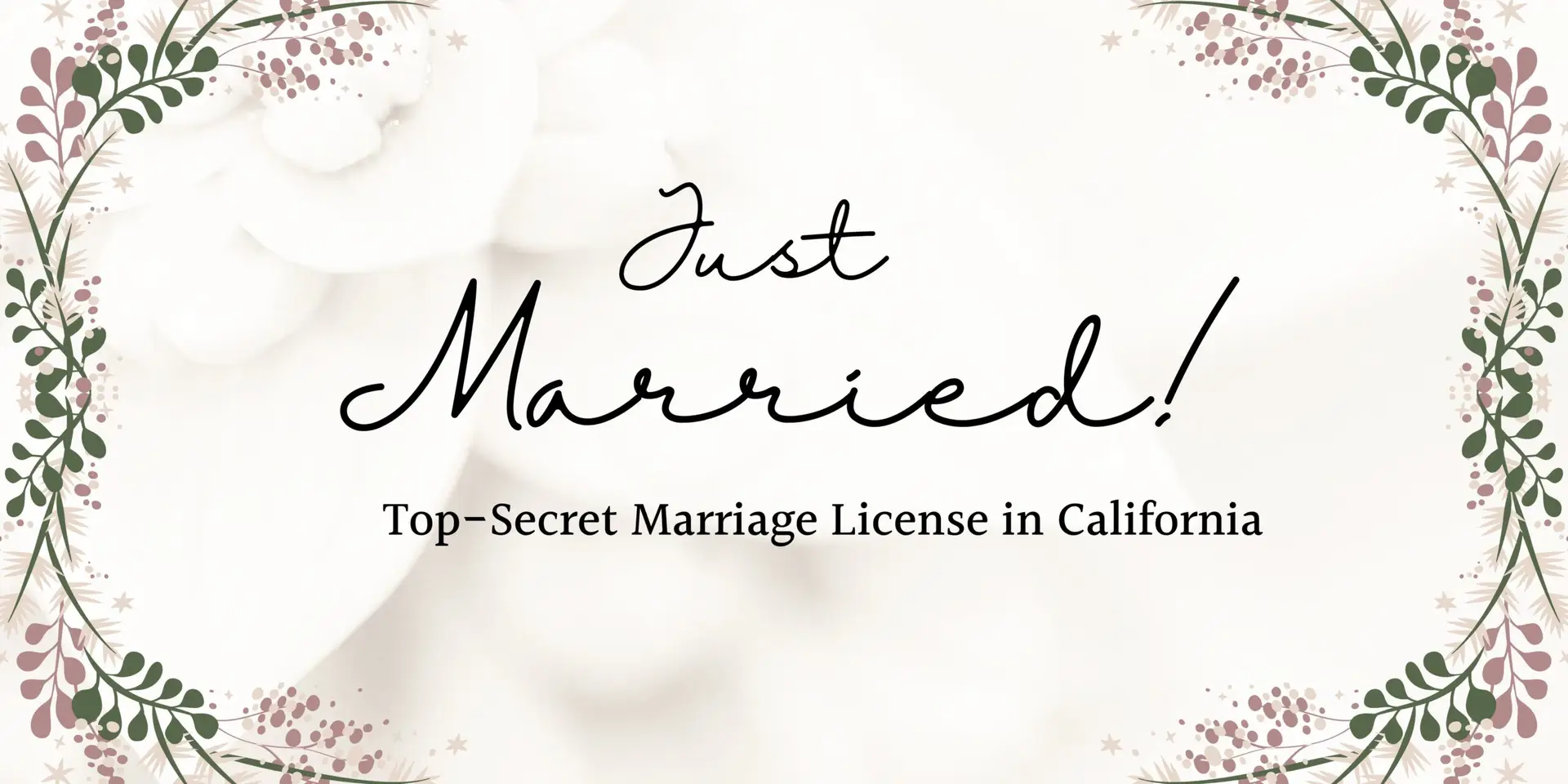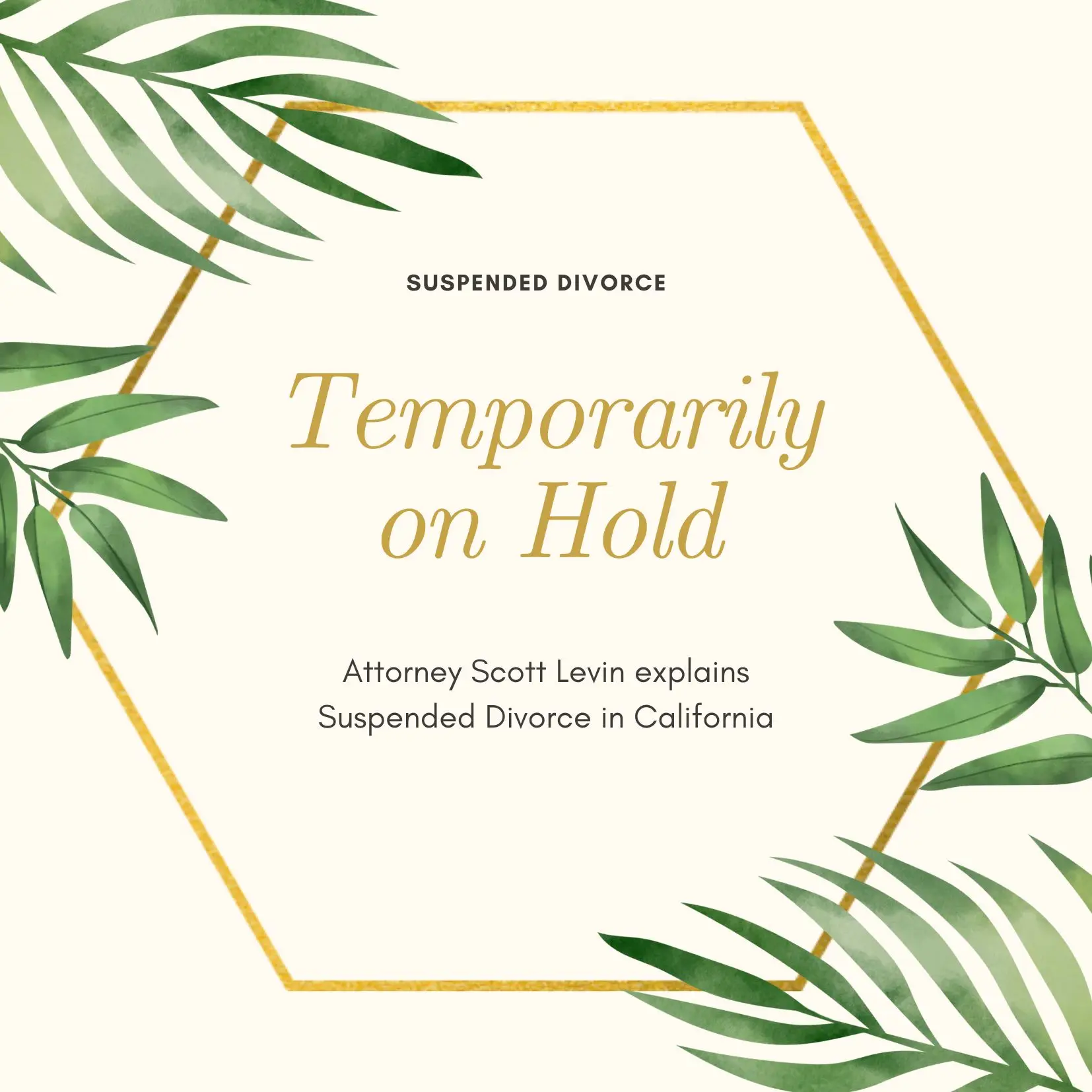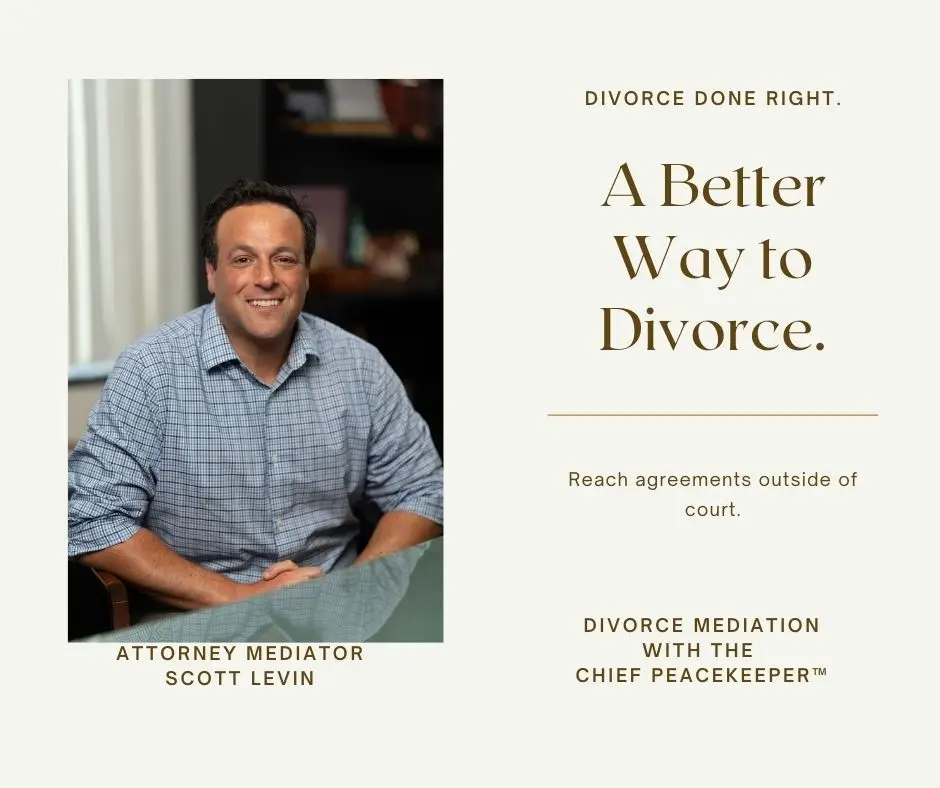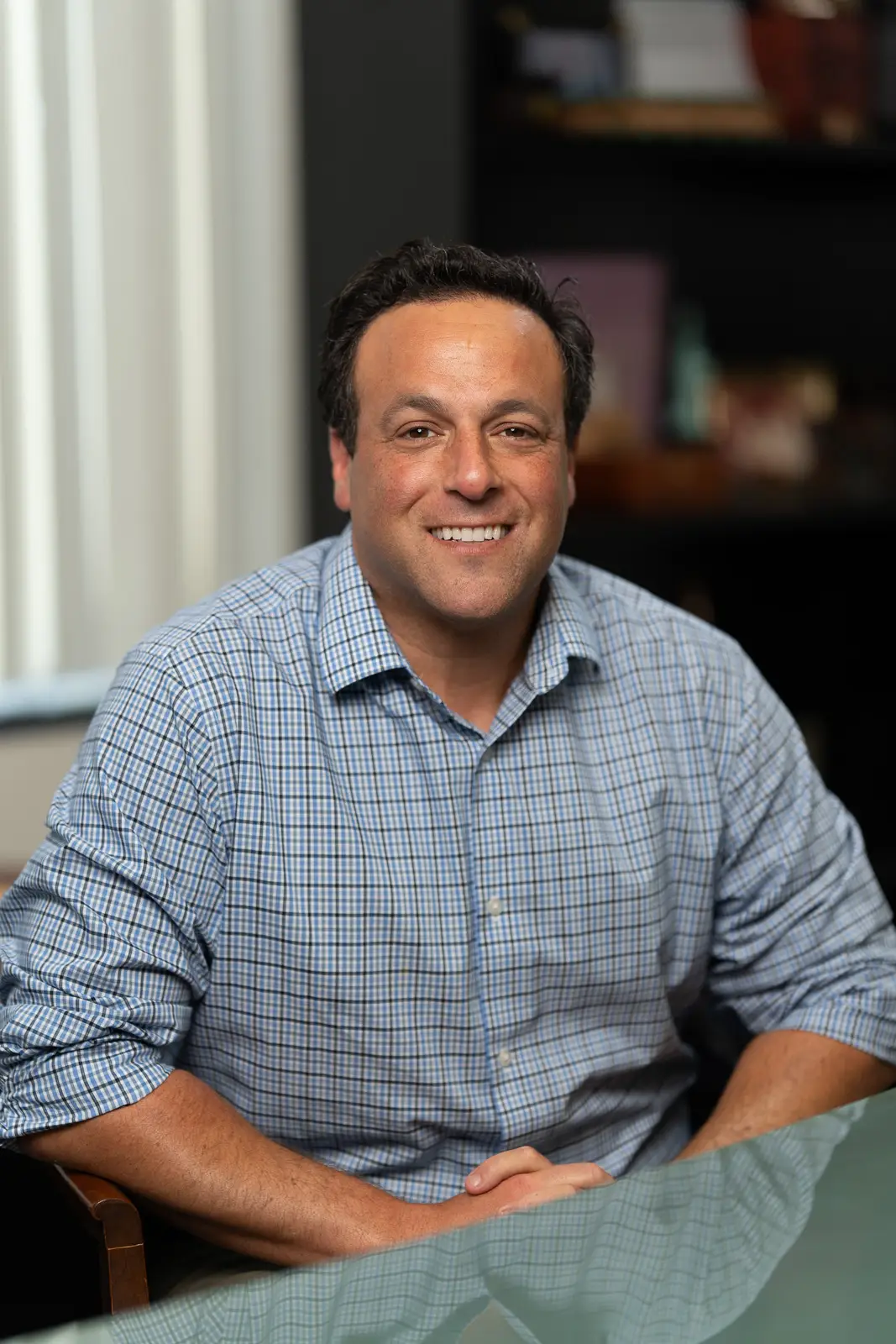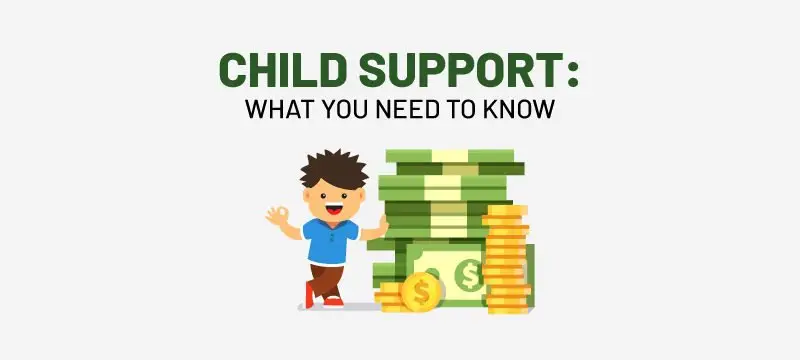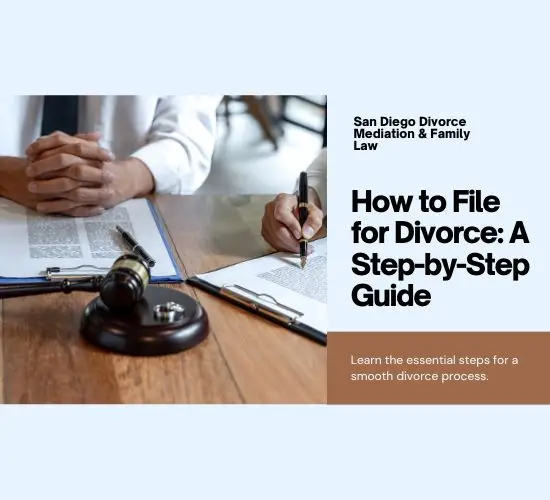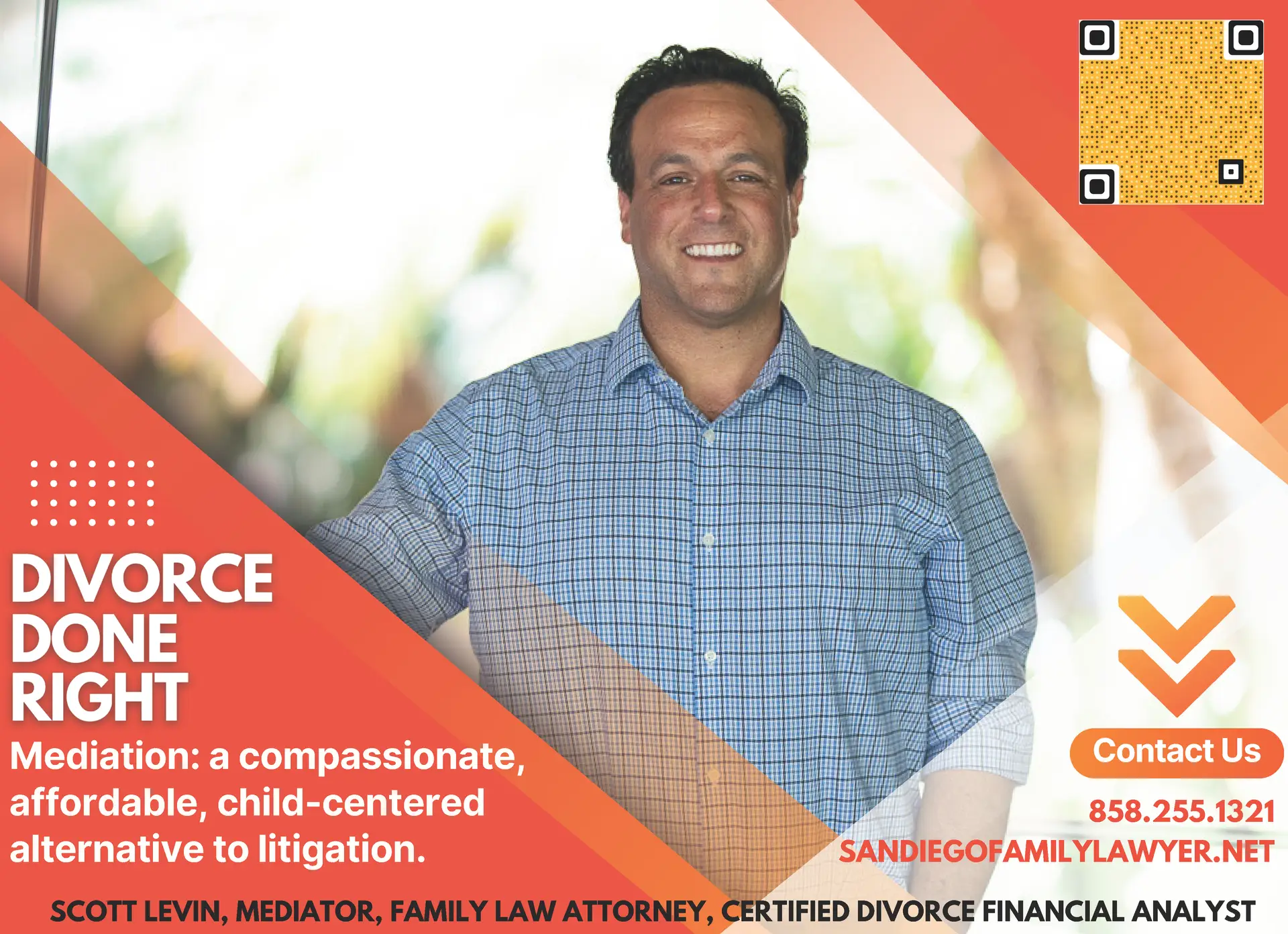Learn how mediators resolve any conflict including divorcing couples, couples in conflict, families with challenging relationships, landlord/tenant conflicts, personal injury cases and other conflicts.
Chief PeaceKeeper™ Scott Levin 0:01
Hi everybody, this is Scott Levin chief peacekeeper™ and I am here today with my good friend and fellow mediator extraordinaire. Alisha kina. How are you, Alice? I’m doing great. Thanks for having me, Scott. So yeah, of course, well, thank you, we just spoke for like a half-hour, we could talk forever. But I know, we’re gonna try to keep this to 10 minutes. And I just wanted to talk a little bit. First of all, I know ours from Pro visors, we’re both pro visors members. And she’s in the Bay Area, I’m down in San Diego. So kind of shows the power of pro visors at but we’ve really hit it off Alice and I talk tips strategy, I consult with her about cases that I’m working on. She really has the magic sauce. And I just kind of thought that we could talk for a few minutes is about, you know, what we actually do in mediation when you know, you have two parties with opposing views about whatever we’re there to help resolve. And, you know, how do we as mediators and how do you as a mediator extraordinary work to help people resolve their disputes. And I just thought we could talk some about some tips and tricks and you know, the actual work of mediation for a few minutes.
Alice Shikina, Mediator 1:20
Absolutely. So I like to think of the role of a mediator as an investigator. Right. So I’m here to ask a ton of questions, I asked as many questions as I can possibly come up with because I’m really trying to find out what is really going on. Because people don’t come in telling us what’s really going on, even though they think they are like sometimes people don’t even realize what their own interests are. And so by asking a lot of questions, we slowly get to the answer. And when we get to that answer, then we can start giving solutions to the actual problem. So that’s sort of how I at least initially approach the problem.
Chief PeaceKeeper™ Scott Levin 2:00
Yeah, and so when two people like in a context of any mediation, I guess, you know, what sort of probes you? Are they open-ended questions, do you? How do you get people to feel comfortable, and kind of open up to you, you know, and to get the conversation started.
Alice Shikina, Mediator 2:18
So two things, no judgment, and lots of warmth, and positivity. So when people come in, I’m smiling, even if it’s a divorce, I’m smiling, at least not like I’m super happy, but very warm and friendly and inviting. And I want to make sure that I am not judging anyone. I teach communication skills. And one of the things I always ask is, I say how many of you in this room have felt judged by someone, even though they didn’t say anything, and almost 100% of the hands go up, no matter where I am, who I’m speaking to. So in the same way, if you’re a mediator, and you’re like sizing people up, you know, your finger, oh, this is that husband is like, obviously been really mean to the wife, or this is a narcissistic spouse or anything, any thoughts like that, you’re going to already wreck your mediation. So you have to be very open-minded. And you have to really like both people equally. That is like the very beginning when they walk through the door like you really should like really like them, be warm, be friendly. And just, you know, give them a feeling of love, right, that you respect them as a human being that you hear what they’re saying. And that’s really, really important. Without that, everything sort of starts sliding sideways. When you agree,
Chief PeaceKeeper™ Scott Levin 3:35
I totally agree. And, you know, it’s interesting that, you know, you can make to people feel like they’ve won, even though they’ve changed their mind and come to an agreement that they didn’t think that they were going to, and it’s all about, you know, bringing in the people, you know, trying to genuinely help them move forward with whatever they’re, you know, trying to move forward with, in a way that, that they understand that if they do this, they’re really winning, even though they thought that that would be a loss when they first walked in the door. And it’s a really interesting kind of approach and thing that both of us see happening all the time.
Alice Shikina, Mediator 4:17
Yes, I absolutely let that’s that my magic wand is my magic wand changes people’s perspectives. And so what I really like to do is point out where they are winning. And if I have to, I’ll put them in separate rooms. So that I can say, look, if you get this, this is a win, and here’s why. But in order to be able to do that, I have to understand what it is that they really, really want. And I say if you really want this, then this other this agreement that you’re going to come to is actually a win. And here’s why. And once I lay it out to them, a lot of times they’ll be like, Oh, I didn’t really think of it that way. Right? It’s just changed. It’s shifting the perspective just a little bit. And it’s Like thinking about a ship when you’re driving a very large ship, all you have to do is change the angle two degrees and two miles later, it’s a very, very different outcome of where they landed, right, so I do what I do as shifting a couple of degrees so that they will land in a very different direction later on.
Chief PeaceKeeper™ Scott Levin 5:22
Yeah, and in those, you know, any, any victory, any win that you can have in bringing people together, you know, even as, however small is a win, so that’s totally like, you know, I love that two-degree angle and over the, you know, two-degree angle over the course of the entire Atlantic Ocean, you know, put someone on a whole new trajectory. And what we’re really trying to do is put people on new trajectories, get rid of them, you know, being under the pressure of litigation, or a lawsuit of any kind, you know, it really can be a disruptive thing in someone’s life. So, you know, money is one thing, but moving forward peace, you know, what’s best for their kids, you know, the prospect in a new life, you know, all these things need to be considered. And I love how, you know, you start by, you know, diving deep into those sorts of questions, so that you can find out what the person really wants, whether they know it or not. The other thing
Alice Shikina, Mediator 6:22
that I like to compare what I do, sometimes I’ll be meditating, and they’ll be attorneys in the room. And I always think about attorneys are looking at everything through a microscope, they want to make sure that everything is airtight, that things are done correctly. So in order to do that, they’re using microscopes, you can’t see the same thing if you’re looking through a telescope. And I feel like I’m the person looking through the telescope. And so I can see the much larger pictures. So very frequently, if I’m brainstorming, I can throw out ideas and help the parties, because I’m looking at it from a very, very different perspective from both the parties and their attorneys, I have a very different perspective. It’s like looking through the telescope. And so frequently, I can offer something, and everyone in the room is like, that’s actually a good idea. We never thought of it. And they won’t have thought of it because of the fact that they’re coming from different perspectives.
Chief PeaceKeeper™ Scott Levin 7:12
And you know, what, what I realize now that I look back on my life is I was always kind of a mediator, like, you know, growing up even third, fourth grade, I was always a problem solver always trying to bring people together. Do you have kind of when you look back on your life, are you surprised that you ended up in this sort of profession? Or is it really the kind of line up with like, what, you know, what you what your personality really was fit for.
Alice Shikina, Mediator 7:35
So I would never really played the role of a mediator. But I always played the role of a therapist. So I was the person where my friends came and told me about whatever their problems are having. But I have to say one of the things that definitely is translating back to my mediation practice is that I have not held a judgment against people. And so I think, in my entire life, people are always comfortable coming to me and telling me about their deepest, darkest secrets. And when I tell other people like, Oh, yeah, I hear people’s secrets. Many people don’t believe me, they’re like, why would someone just tell you this? If they’ve met you, like, once or twice? And I say, I don’t know. But they do. They trust me. And they tell me, you know, some of their darkest secrets, and then they asked me for advice or support or help. And so I think that is definitely what makes me a really good mediator. Because regardless of who I am mediating with, I always leave judgment at the door. I never let it come in. I don’t let it affect my thoughts. I don’t let it affect my actions. And the way I treat people, I really want to treat everyone with respect equally. And, you know, I want everyone to feel like we are on the same level. I don’t want anyone to ever think that I’m better than them.
Chief PeaceKeeper™ Scott Levin 8:45
Yeah, and I think that really, I mean, what you say is true. You have all those things about your personality that are definitely true from what I’ve experienced. And tell us a little bit about the panel that you’re, you’re speaking on a panel for the what’s the organization? I’m sorry, that they? Yes, yes, yes.
Alice Shikina, Mediator 9:08
Yeah. So it’s, um, it’s in British Columbia. It’s the virtual mediation conference, and I’m speaking in a few hours. So I’ll be talking about two different things. One is for the unconference, and that one is about how my theatre practice and my path inform my mediation practice. And the other talk is going to be about my experience teaching conflict transformation to the incarcerated in the Redwood City jails.
Chief PeaceKeeper™ Scott Levin 9:32
Wow, that’s really cool. So if people want to get a hold of you, where How do they find you? Can you tell us you know, give us your information real quick?
Alice Shikina, Mediator 9:41
Yes, they can find me at Alice Shikina.com. Shikina is spelled s h i k i n a. They can also email me at alice.shikina@gmail.com perfect.
Transcribed by https://otter.ai

